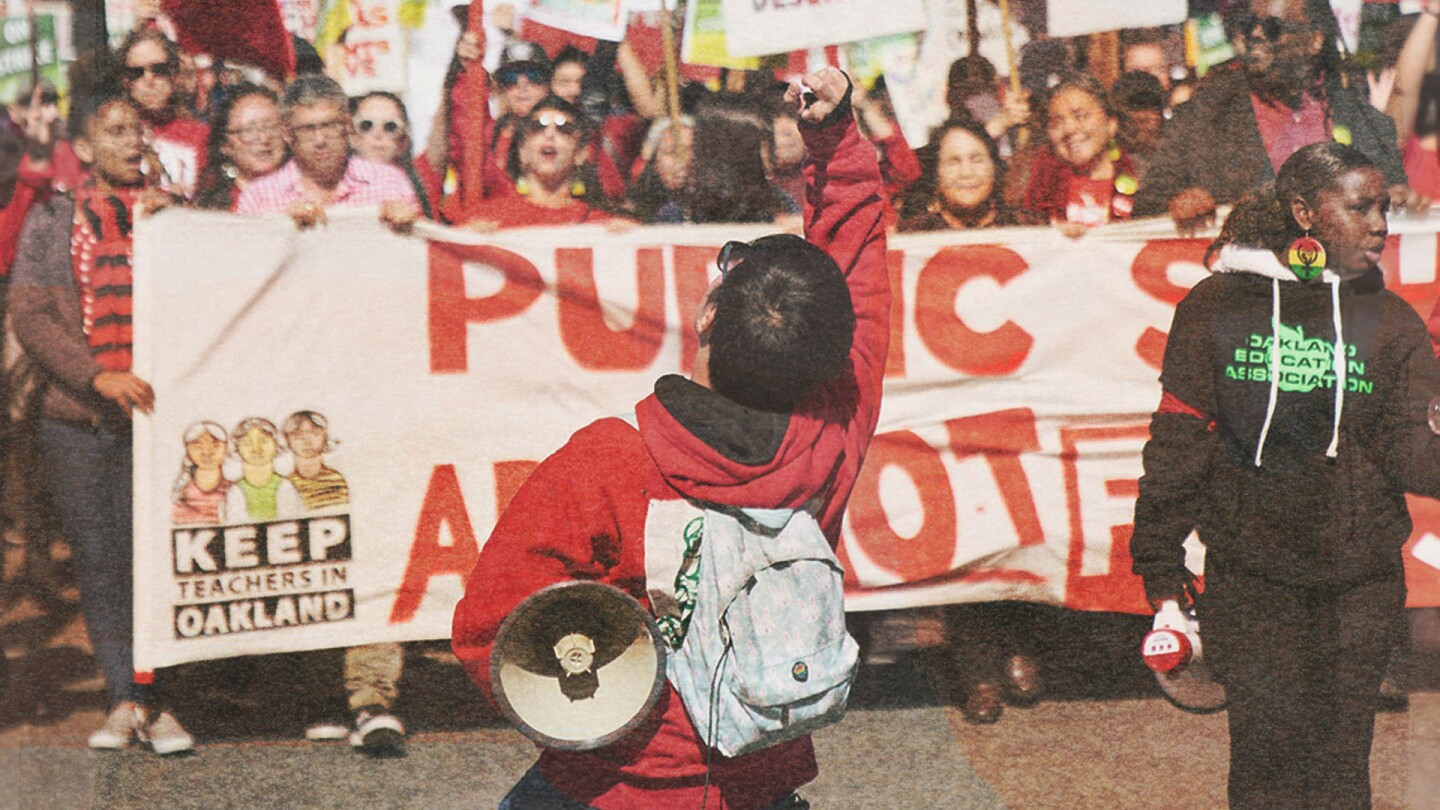The Informal Economy: Immigration and the Demand for Low-Wage Work
While some argue that immigrants in this country drain public resources or prefer informal work to evade fiscal responsibility, experts say many work untraditional jobs because they lack proper access to the traditional labor market. The Bracero guest worker program, the National Origin Act and the Chinese Exclusion Act show how immigration policy opens or closes depending on the country’s need for low-wage labor.
In Eastern Coachella Valley, Santos and Juana Barajas share that both of their fathers came to work in the U.S. as part of the Bracero program. Today, the entrepreneurial Barajas own their own date ranch, in hopes they can leave it behind as a legacy for their grandchildren. However, their small-scale farm efforts are thwarted by large wholesale companies that block their access to a market where they can sell their product.














